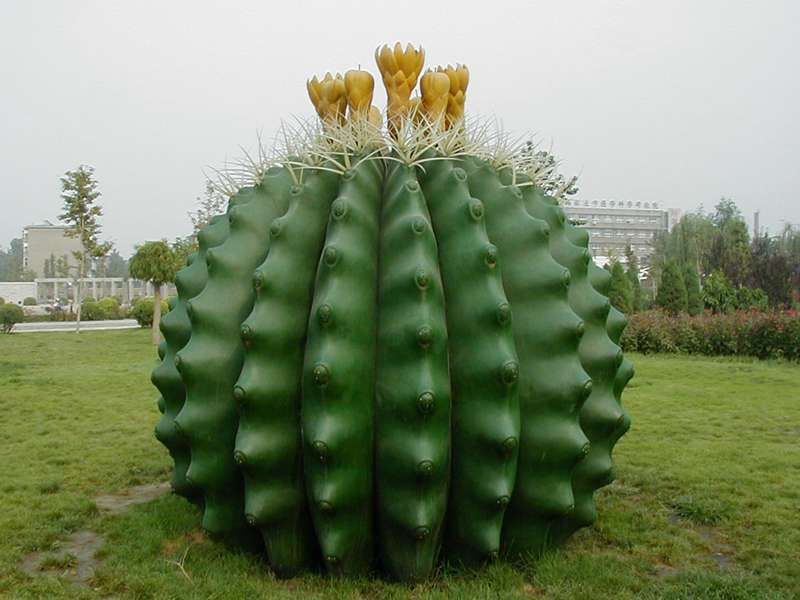Another notable feature of FRP chimneys is their thermal stability. They can withstand extreme temperatures without degrading, ensuring optimal efficiency in high-temperature applications. Additionally, they have excellent fire-resistant properties, providing an added layer of safety in potentially hazardous industrial settings.
...
2025-08-15 07:45
2461
